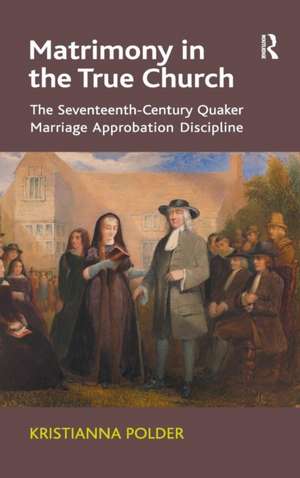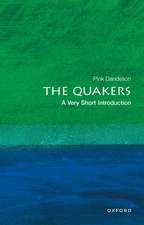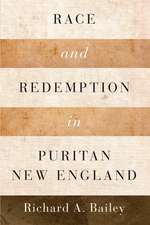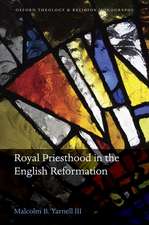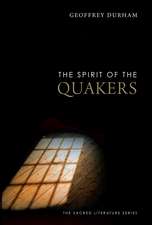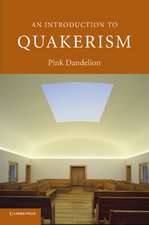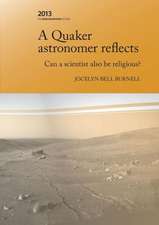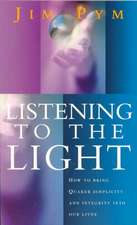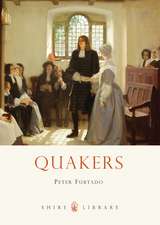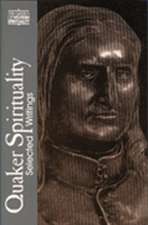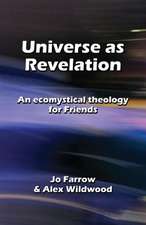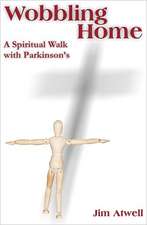Matrimony in the True Church: The Seventeenth-Century Quaker Marriage Approbation Discipline
Autor Kristianna Polderen Limba Engleză Hardback – 28 oct 2015
| Toate formatele și edițiile | Preț | Express |
|---|---|---|
| Paperback (1) | 449.41 lei 6-8 săpt. | |
| Taylor & Francis – 10 iun 2019 | 449.41 lei 6-8 săpt. | |
| Hardback (1) | 1008.17 lei 6-8 săpt. | |
| Taylor & Francis – 28 oct 2015 | 1008.17 lei 6-8 săpt. |
Preț: 1008.17 lei
Preț vechi: 1229.48 lei
-18% Nou
Puncte Express: 1512
Preț estimativ în valută:
192.95€ • 200.66$ • 161.46£
192.95€ • 200.66$ • 161.46£
Carte tipărită la comandă
Livrare economică 15-29 martie
Preluare comenzi: 021 569.72.76
Specificații
ISBN-13: 9781409466888
ISBN-10: 1409466884
Pagini: 302
Dimensiuni: 156 x 234 x 18 mm
Greutate: 0.68 kg
Ediția:Revised
Editura: Taylor & Francis
Colecția Routledge
Locul publicării:Oxford, United Kingdom
ISBN-10: 1409466884
Pagini: 302
Dimensiuni: 156 x 234 x 18 mm
Greutate: 0.68 kg
Ediția:Revised
Editura: Taylor & Francis
Colecția Routledge
Locul publicării:Oxford, United Kingdom
Cuprins
Introduction; Approbation and ‘clearness’: the early Quaker marriage discipline; The True Church coming out of the wilderness: the theological and conceptual foundation of the early Quaker marriage discipline; The marriage of Margaret Fell and George Fox; Conclusion; Bibliography; Index.
Notă biografică
A native Californian, Kristianna Polder studied American History at the University of California, Santa Cruz. After pursuing a Master of Divinity and a Master of Arts in Intercultural Studies, she moved to Scotland to complete her doctorate, with a specialization in Quaker history, at the University of Aberdeen. This is her first book.
Recenzii
"Polder’s work is clear, decisive, informative and convincing. It will become a reference and a standard for historiography from this point onward. It also provides keen insights into a topic and practice that continues to be addressed within contemporary society."- C. Wess Daniels, Quaker Studies
Descriere
Like many other denominations, seventeenth-century Quakers were keen to ensure that members married within their own religious community. In order to properly understand the ramification of such a policy, this book explores the early Quaker marriage approbation process and discipline as demonstrated through the works and marriage of the movement’s leaders, George Fox and Margaret Fell. Through this close investigation of Quaker marriage approbation, the book offers fascinating insights into early modern English society, attitudes to gender and the early Quakers’ self-perception of themselves as the one and only True Church.
